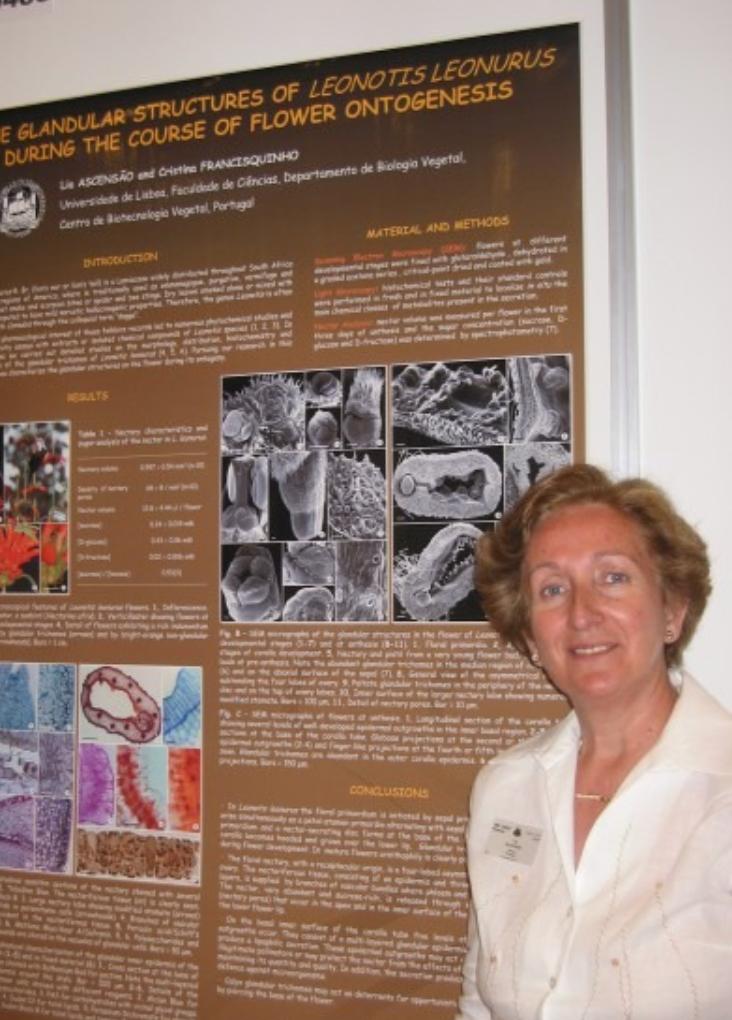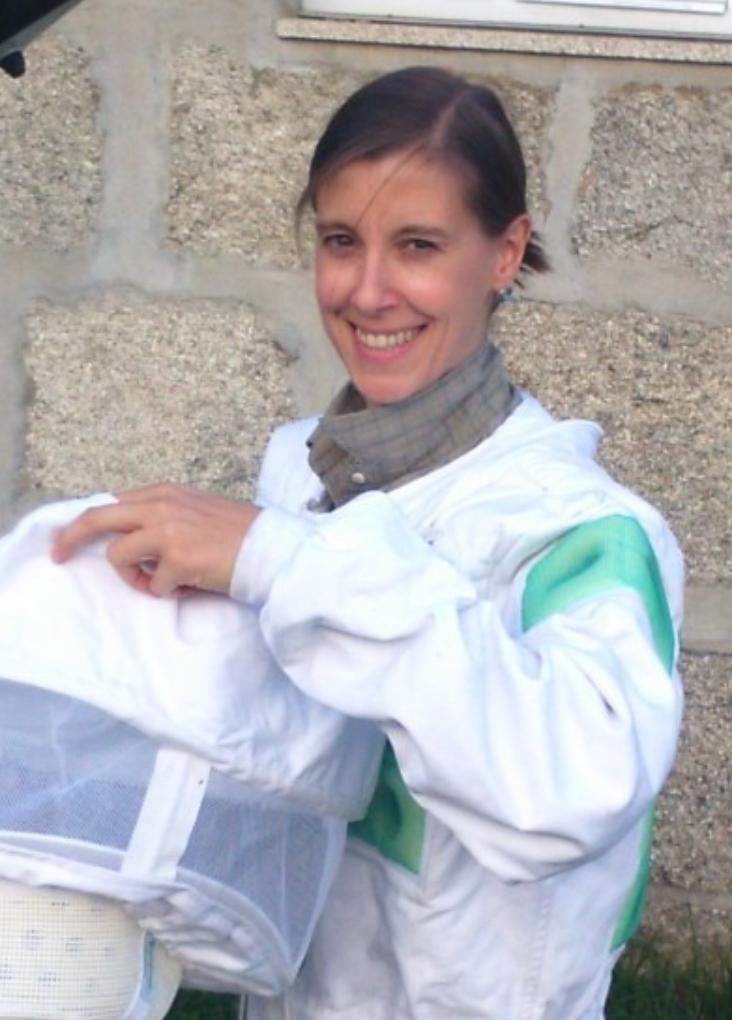The Plant Biotechnology group remains committed to its main goal, using various tools and engaging in broad collaborative efforts within and across institutions, nationally and internationally.
We aim to address issues of national socioeconomic relevance: circular economy, plant-environment relationships, and quality control.
The group’s future scientific project will focus on:
- Valorisation of resources obtained from medicinal and aromatic plants (MAP) or underutilised forest biomass with pharmacological, cosmetic and agroforestry properties;
- Quality control, chemical characterisation and determination of the biological potential of non-woody forest products, such as honey;
- Host-insect vector interactions in pine wilt disease;
- Characterisation of volatile phytochemicals from agroforestry species of economic interest;
- Assessment of the impact of different cultural practices on the Alcobaça Apple aroma profile and intensity;
- Characterisation of unvalued fruit volatile profile, contributing to the zero-waste objective;
- Use of phytochemicals to combat agroforestry pests and diseases;
- Using in vitro culture as an experimental model to study phytopathologies in agroforestry systems.
In addition, the team will remain involved in:
- Support national production with analytical services to contribute to creating a culture of production of quality;
- The Technical Committee for Standardization 5 (CT5), Essential Oils, participating in the development of standards for this economic sector;
- Working to create parameters, methods and values that can be used as a reference in characterising the value of Portuguese monofloral honeys;
- Providing theoretical-practical training days on volatiles and essential oils for the academic community and other audiences.
Given its interdisciplinary nature and our research focus, the Plant Biotechnology group reveals significant interconnections with all CE3C Thematic Lines and innovation agendas.
PlantBiotech Team

![/uploads/subcanais2/banners-novo-site-ce3c-50[1].png /uploads/subcanais2/banners-novo-site-ce3c-50[1].png](/uploads/subcanais2/banners-novo-site-ce3c-50[1].png)





